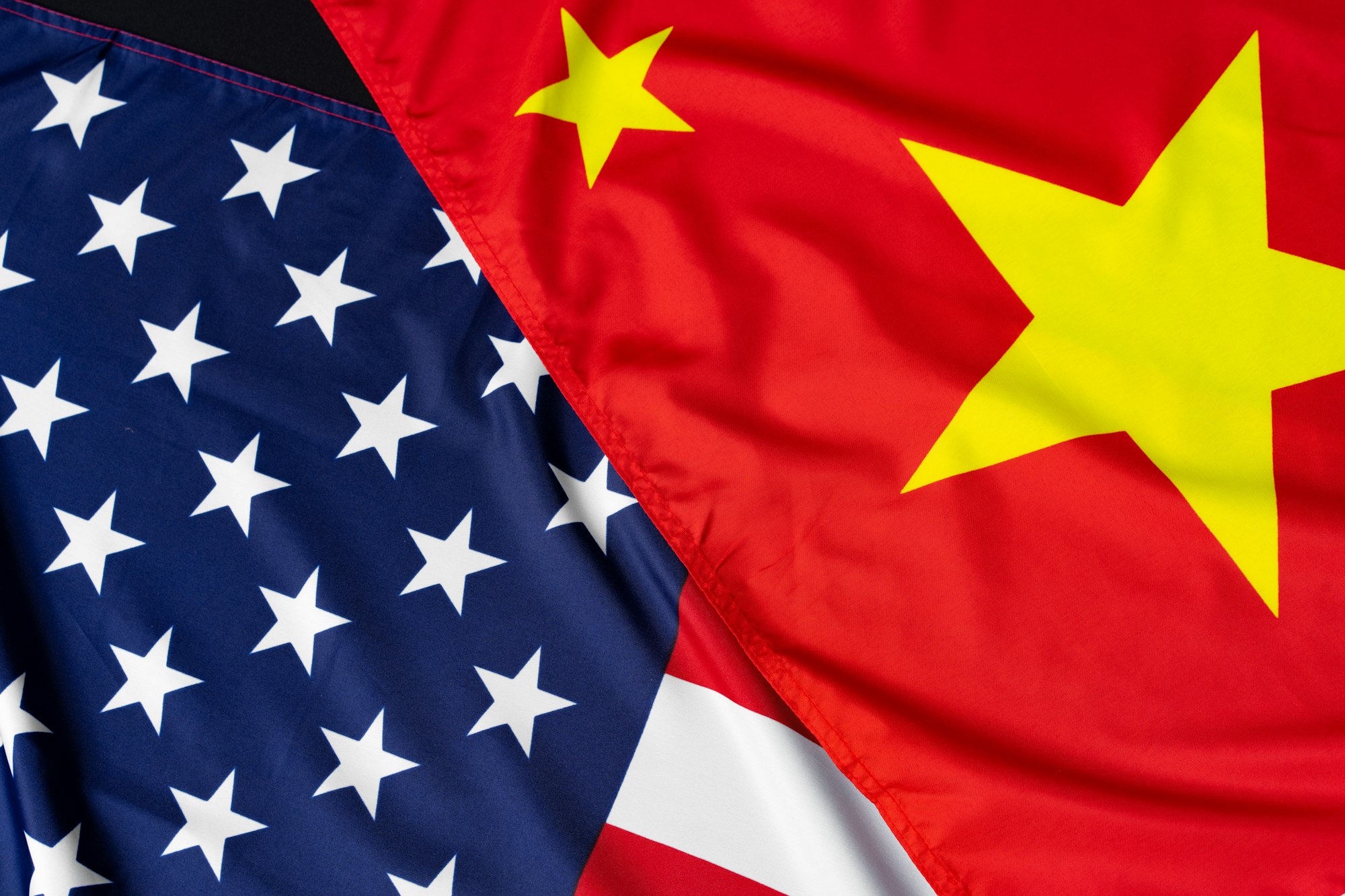China’s President Xi Jinping has made a surprising move by extending a friendly gesture to former U.S. President Donald Trump. But this “olive branch” isn’t without strings attached—it comes with a firm warning about China’s “red lines.” Here’s what this development means, why it matters, and what it could signal for the future of U.S.-China relations.

What’s the New Move from Xi?
In an unexpected move, Xi Jinping reached out to Donald Trump, a former president known for his tough stance on China. Why now? Trump still holds significant influence in U.S. politics, and with the 2024 elections approaching, Xi might see this as a chance to prepare for a potential shift in U.S. leadership.
China and the U.S. have clashed over major issues like trade, technology, and Taiwan. By engaging with Trump, China might be looking to reduce tensions and keep the relationship from spiraling further out of control.
What Are China’s “Red Lines”?
Xi’s gesture comes with a warning: don’t cross China’s “red lines.” These are critical issues that Beijing considers non-negotiable:
- Taiwan: China views Taiwan as part of its territory and opposes any support for its independence.
- Technology Restrictions: China has been frustrated with U.S. export controls on key tech items, which it sees as efforts to limit its progress.
- South China Sea: Beijing insists on its control over this region, despite international disputes and U.S. opposition.
These red lines are a reminder that while Xi is open to dialogue, there are limits to what China is willing to compromise on.

Why Talk to Trump Now?
Trump had a complicated relationship with China during his presidency. On one hand, he imposed tough trade measures. On the other, he praised Xi Jinping personally. This mix makes Trump an intriguing figure for China to approach.
By reaching out to Trump now, Xi might be hedging bets. If Trump wins the 2024 election, China could benefit from having already opened lines of communication. It’s also a way for Beijing to address its concerns about current U.S. policies while preparing for what’s next.
Why This New Development Matters Globally
This unexpected move could have far-reaching consequences. If it leads to better dialogue, it might help ease tensions between the world’s two largest economies. That could stabilize global markets, improve trade relations, and reduce security risks.
However, if the outreach doesn’t work, it might push both nations further apart, escalating conflicts over technology, trade, and territorial disputes.

FAQs
1. Why is Xi Jinping reaching out to Trump instead of Biden?
Trump remains a key figure in U.S. politics, especially with the 2024 elections approaching. By engaging with him now, China might be preparing for a potential shift in leadership.
2. What does “red lines” mean in this context?
China’s “red lines” refer to non-negotiable issues like Taiwan, technology controls, and territorial claims. These are critical to China’s national interests, and it won’t tolerate challenges to them.
3. Could this new gesture improve U.S.-China relations?
Possibly, but it’s complicated. While it might open the door for dialogue, major disagreements and trust issues still remain, making any immediate improvements unlikely.
Xi’s new approach to Trump adds an intriguing layer to U.S.-China relations. It shows a willingness to engage but also reinforces China’s firm boundaries. As the world watches, this move could shape the global political landscape for years to come.
Sources Bloomberg


